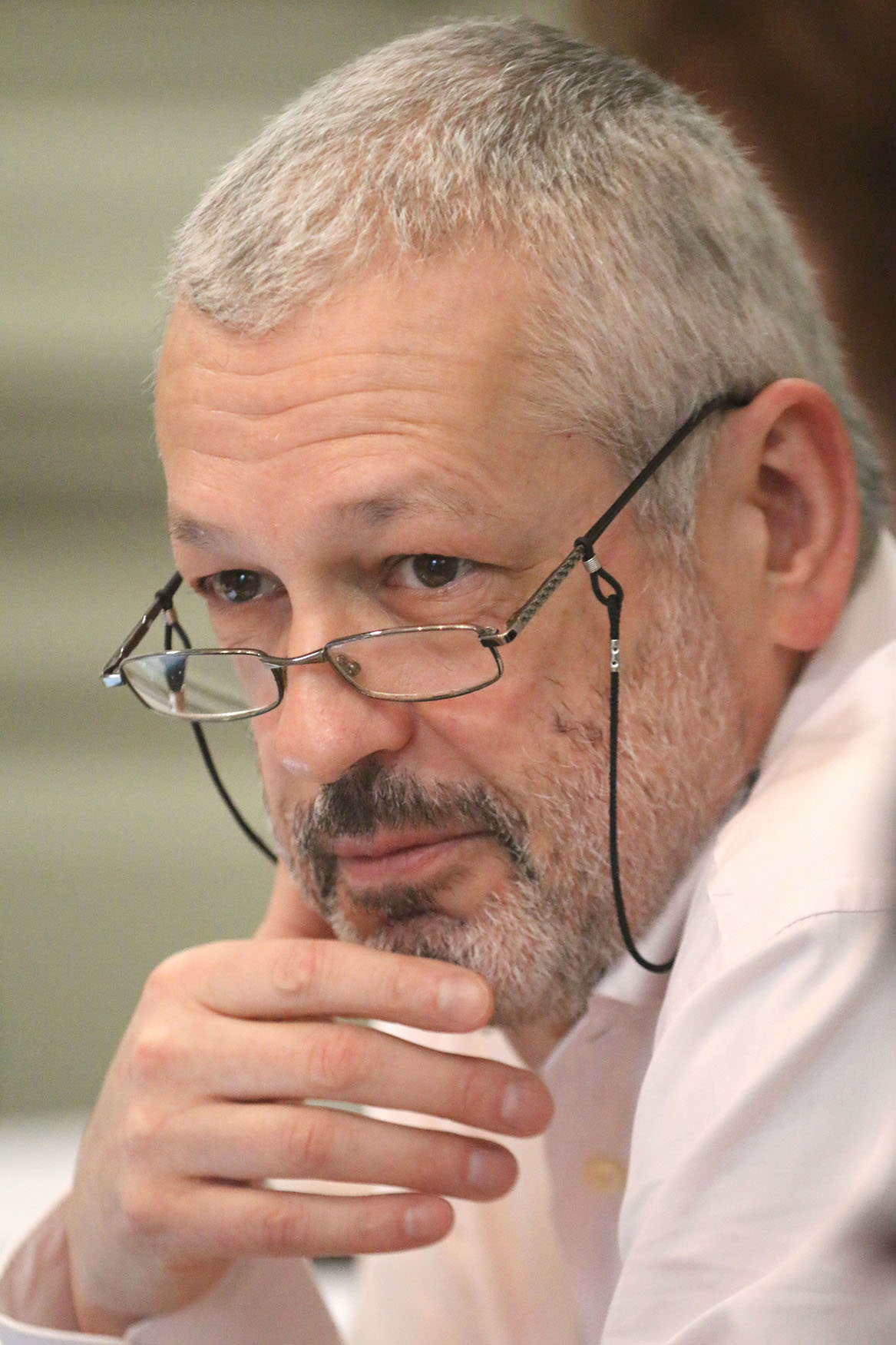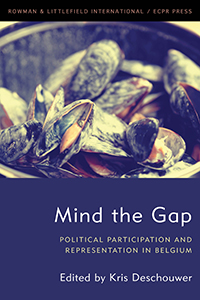Install the app
Install this application on your home screen for quick and easy access when you’re on the go.
Just tap then “Add to Home Screen”
Install this application on your home screen for quick and easy access when you’re on the go.
Just tap then “Add to Home Screen”
Install this application on your home screen for quick and easy access when you’re on the go.
Just tap then “Add to Home Screen”
 The territorial division of Belgium into two language groups animates the country's political debates. It has led to the complete split of parties and the party system, and to the transformation of the unitary state into a complex federal system.
The territorial division of Belgium into two language groups animates the country's political debates. It has led to the complete split of parties and the party system, and to the transformation of the unitary state into a complex federal system.
Voting in Belgium is, however, compulsory, so citizens do express their views – and their discontent. Old, formerly stable political parties now appear vulnerable, because many of their traditional voters seem willing to desert them. In recent years, Belgian voters have tended to be volatile, to react to short-term factors and to follow candidates rather than parties.
Edited by Kris Deschouwer (pictured) and featuring contributions from more than 30 experts, Mind the Gap is based on ten years of research on political participation and representation in Belgium by the interuniversity research team PartiRep.
It draws a picture of a democracy facing multiple tensions and multiple gaps. Chapters deal with representation, economic voting, preference and personalised voting, identity politics, and the ways elites and citizens try to make sense of this complex and linguistically divided country.
Speaking on the occasion of Mind the Gap's publication, Kris – who takes up the Chair-ship of ECPR's Executive Committee in May – told us this about his book:
'Belgium is a country where most things come in two versions, one for each of the two language groups. There are two party systems and two public opinions and two national science foundations. Yet there is also a sector where the gap between the two language groups is being crossed on a daily basis: scientific research.
The interuniversity research network PartiRep – analysing political participation and representation in Belgium – has collaborated intensely over more than ten years, and has been able to draw a detailed picture of democratic governance in that divided country.
Mind the Gap, with contributions from dozens of Belgian political scientists, tells the story in full detail. It is, however, not only a book on Belgian politics. It is a book that uses the Belgian case to reflect on political representation and participation – and on the challenges that democracy faces today all over the democratic world.'
 About the author
About the authorKris Deschouwer is Research Professor of Politics at Vrije Universiteit Brussel. His research focuses on political parties, elections, regionalism and federalism, democracy in divided societies, and political representation. He is the central coordinator of the PartiRep research project on Political Participation and Representation in Modern Democracies. Kris was co-editor of the European Journal of Political Research from 2003–2009, and is the author of The Politics of Belgium (Palgrave, 2012).
'Belgium is a fascinating country, the first to adopt proportional representation, the textbook example of both consensus democracy and the clash between two linguistic communities, and the presence of compulsory voting. There is so much to learn from the Belgian case and Mind the Gap offers a rich variety of insightful analyses of the many dimensions of political representation in the country, from norms of citizenship to party images, attitudes about the division of powers, and the use of preferential voting. I strongly recommend.'
André Blais, Université de Montréal
'Drawing from the monumental database collected by the PartiRep project, this captivating and lucid book takes Belgium as a magnifying glass of the many problems facing all representative democracies today. A must-read to understand the growing gap between citizens’ expectations and party politics, a more than ever timely issue.'
Nonna Mayer, Research Director at the National Center for Scientific Research (CNRS)
Keywords: Political Participation, Representation